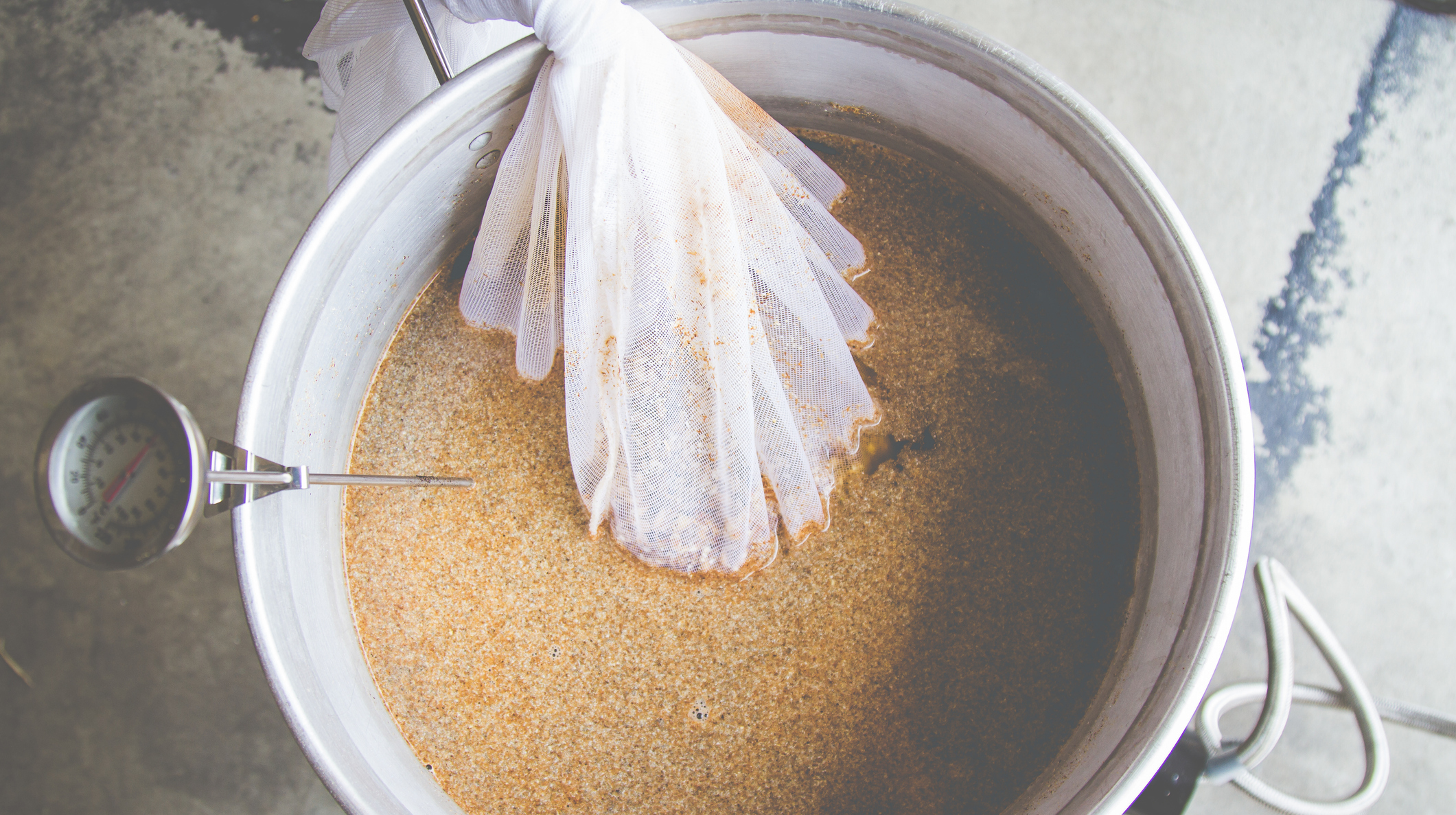Beer Yeast Even More Badass Than Previously Known
What can't beer yeast do? Small but mighty Saccharomyces cerevisiae already ferments sugar water into beer and is being investigated as a possible supplement to help people with diabetes, high cholesterol, and even acne. With this new announcement, The Takeout is ready to proclaim brewer's yeast our 2019 Organism Of The Year (we know it's only February, but retire the trophy): Researchers say they've genetically modified brewer's yeast to produce the cannabinoids THC and CBD.
In their research letter, published in Nature, the researchers describe how they injected parts of the cannabis' plants DNA responsible for metabolism and cannabinoid production into brewer's yeast. A news release from the University Of California, Berkeley explains that the genetic modification works by "co-opting their metabolism so that, instead of turning sugar into alcohol, for example, yeast convert sugar into other chemicals that are then modified by added enzymes to produce a new product, such as THC, that the yeast secrete into the liquid surrounding them." So under normal circumstances, this yeast produces alcohol. Now, it's being co-opted to produce THC and CBD. Right on, brewer's yeast.
This yeast breakthrough is useful because, as Scientific American notes, cannabis plants naturally produce relatively low levels of CBD and THC compared to other compounds; using genetically modified brewer's yeast to crank out these cannabinoids could result in purer versions of CBD and THC, as well as making them potentially less expensive to produce. There's also the possibility that this modified brewer's yeast could create previously unknown or rare cannabinoids. Lead researcher and University Of California, Berkeley professor of chemical engineering and bioengineering Jay Keasling says "there might be a blockbuster drug or two" unleashed by this yeast down the road.
"But what this method can do is provide some of these very rare cannabinoids that you'd never be able to extract out of cannabis, because they're produced in such small quantities," Keasling tells Scientific American. "And who knows—one of those might be better than CBD or THC."
Of course, legal hurdles remain. Because cannabis is still a controlled substance under federal law (despite medical and recreational legalization by some states), funding studies on how cannabinoids affect human health and potentially treat various conditions is a challenge.
